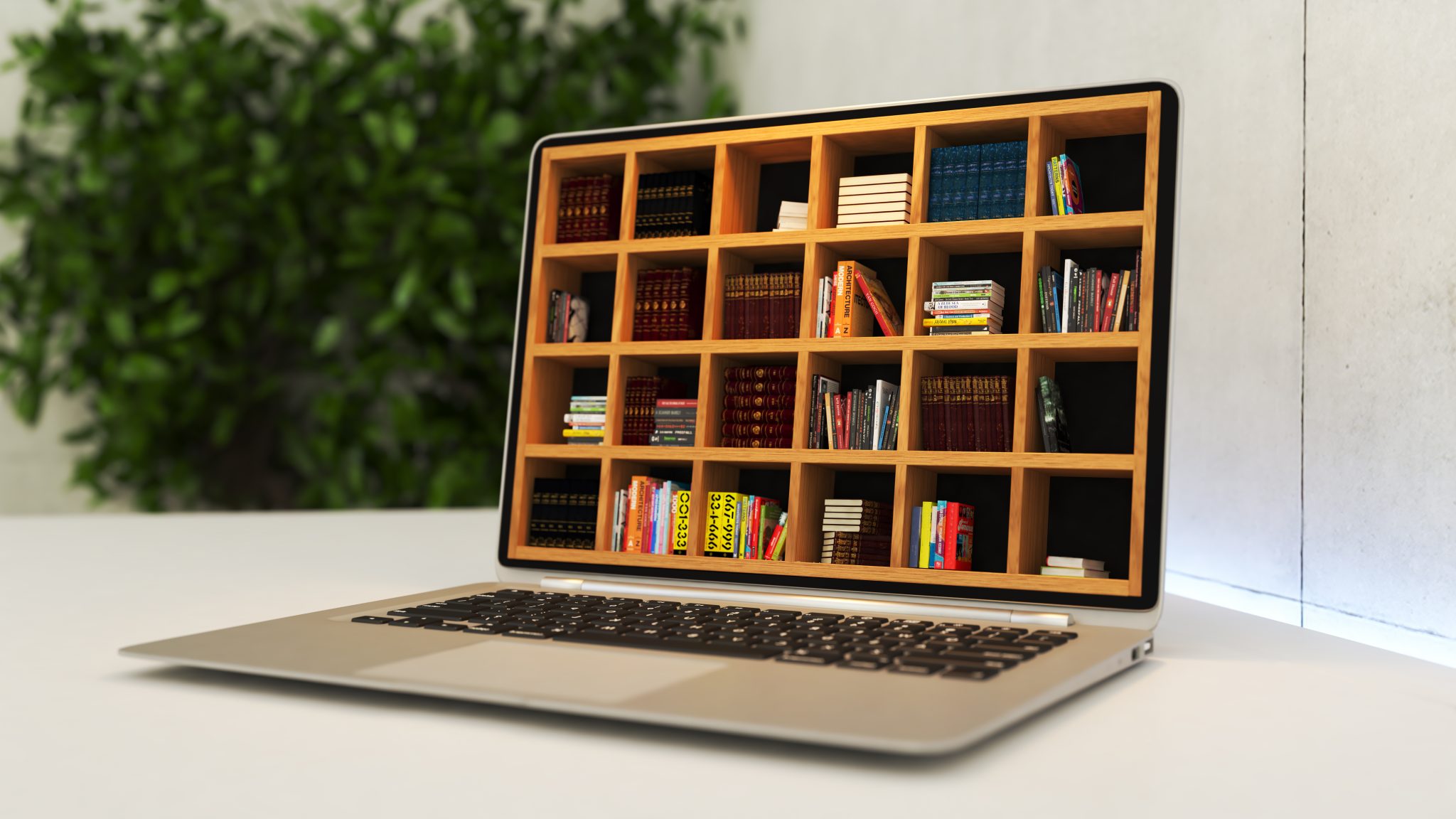Urban Extension

Consumers are inundated with information daily. While libraries house collections of books, journals, and newspapers, most people access information online or obtain it from other sources like radio or television. It is important, however, to use information effectively and ethically regardless of where it is found. It is also important to discern what information is true or false or just another opinion. This collective process is called information literacy.
Defining Information Literacy
The American Library Association defines information literacy as “the set of skills needed to find, retrieve, analyze, and use information.” Alabama Extension specialists, for example, use research-based information to create educational resources. They find and retrieve the latest data on a given subject from their research or other reliable sources. Extension professionals analyze this information and transform it into educational products or services for consumer use. Once created, they are also evaluated for their effectiveness.
In addition, Alabama Extension is viewed as a reliable source of information that operates with integrity. Therefore, the people of Alabama can trust the information from Extension in all delivery formats to positively impact their lives.
Why Information Literacy is Important
For learners today, regardless of age, information literacy is important because it requires us to:
- Find and evaluate sources of information
- Form opinions and use information ethically
- Solve problems
- Understand the financial, legal, and social issues involving the use of information
Public and private organizations, including businesses, need information literate people who can find, analyze, and use information effectively. Employers need people who are willing to learn new skills and discover new ways to deliver information to audiences regardless of socioeconomic background.
Lifelong Learners
American citizens have a right to access information and resources that will enhance their lives at any time. This enables people to be lifelong learners. As many organizations, particularly schools, learned last year, not everyone has access to online information. This poses a problem for individuals with limited online access since American culture relies on its citizens to be information literate. What can be done to bridge the information literacy gap?
Bridging the Gap
To bridge the information literacy gap, organizations like Extension meet people where they are. Extension educators, for example, provide reliable information in-person or online. Once this information is delivered, consumers have tools to enhance their lives. For other public or private organizations, it also becomes necessary to determine who are most at risk and try to get people the resources they need.
Since digital literacy and information literacy are so closely linked, workers may need to get better trained on digital technology and software to ease the delivery of information. For students, oftentimes this responsibility falls to teachers or librarians whose job it is to make people information literate. At the onset of COVID-19, many Americans, particularly older adults, either upgraded or learned how to use digital technology to access information and to link with the outside world.
Transforming Lives
As consumers in a digital society, information literacy is critical. Information literate people can determine when information is needed, then find, evaluate, and use the information ethically and effectively. Information literate people can apply what they have learned. If successful, information literacy can even transform lives.
Visit the Alabama Extension website at www.aces.edu for resources to help you to become more information literate.

